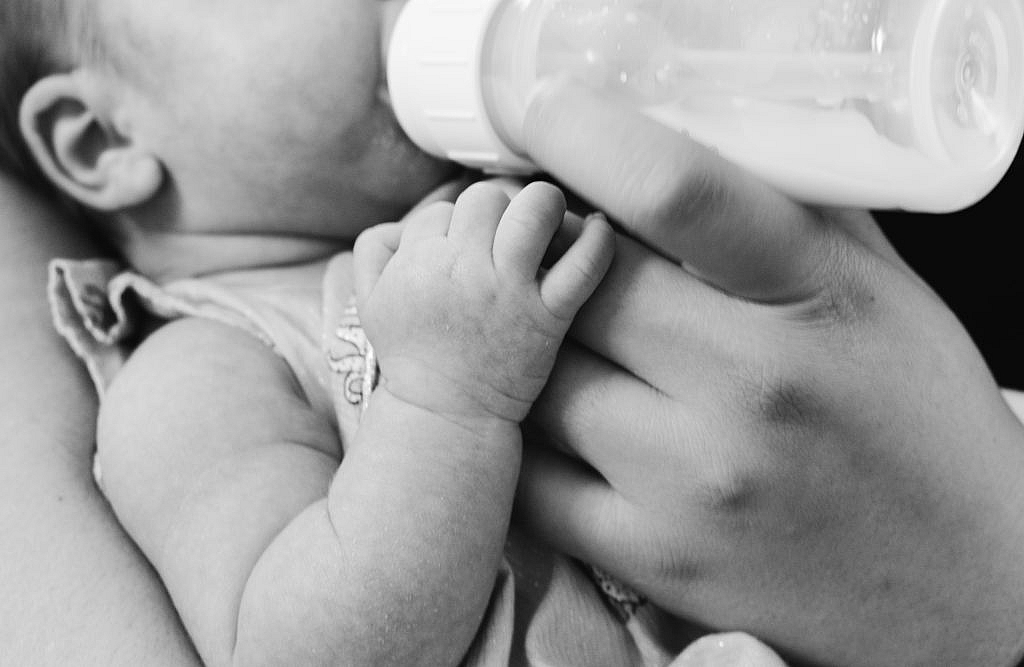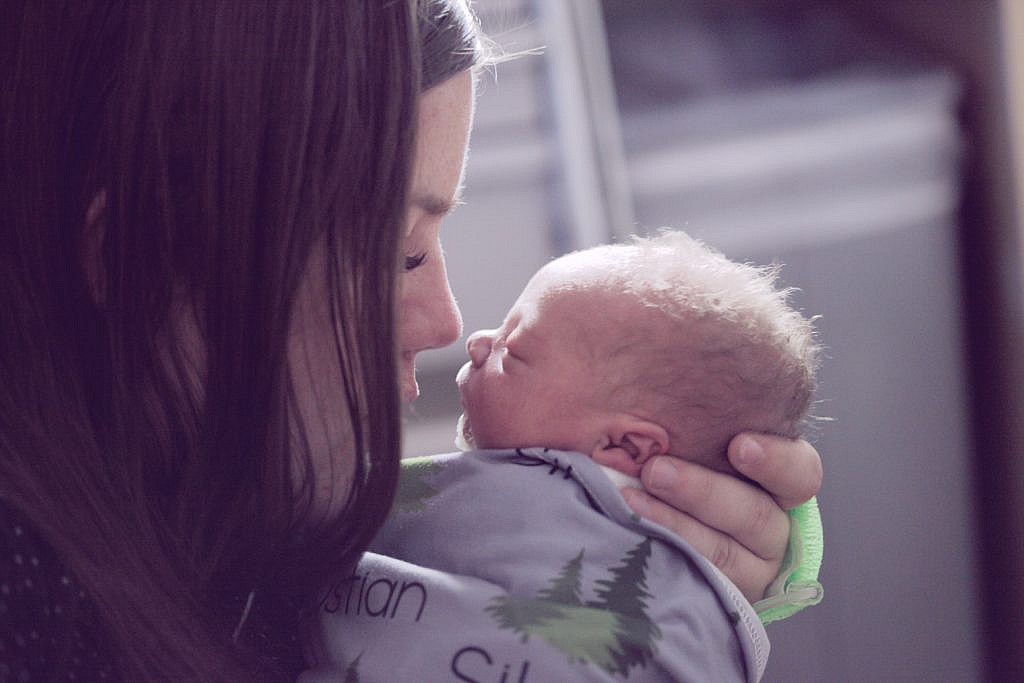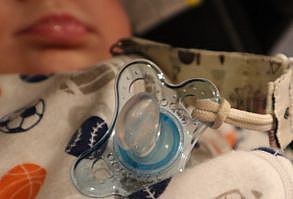We all know, how the phrase “more mouths more talks” gets so accurate when you become a new mom, especially in a desi household. I know, how difficult it is to seclude the myths from the facts while breastfeeding a child and the repetitive directions make it even harder. Many new mothers have frequently heard that milk does not produce for a few days following childbirth. According to popular beliefs, there is no milk in the initial days of postpartum which may be somehow right but it’s not the entire truth. It’s true that milk production is minimal, but it’s sufficient to fulfil your infants’ demands, and as those needs develop, so does milk production.

No milk production in the first few days? Is it true?
The thick, creamy, yellowish colostrum that pregnant women express soon after giving birth is truly your baby’s immune booster since it is packed with nutrients and antibodies. Doctors refer to it as liquid gold. But, for the longest time, people have believed that babies shouldn’t be given colostrum. Our mothers are also informed that there is no milk production at the beginning of the postpartum period. Women sometimes report to the doctor that their infant is constantly hungry, constantly fussy, and needs to be fed several times. He needs to be bottle-fed to satisfy his hunger.
The first few days:
Your body is aware of the demands of your child. Your milk production may be reduced at the beginning of the postpartum because the body produces colostrum, a thick, creamy yellow milk that is the ideal first meal for newborns. Just a teaspoonful is adequate for your baby. Since it is a good source of carbohydrates, proteins, vitamins, and antibodies in addition to being incredibly healthful, it minimizes the prevalence of morbidities.
The first few days of postpartum is the most crucial time for nursing. Our mommies are told, the baby shouldn’t be fed the earliest creamy milk the mother produces. It’s bad milk and harmful to babies. The milk production in the first few weeks may be less, and you may suspect that your baby’s hunger is not getting satisfied because of the constant need to feed.
WHO and UNICEF recommend feeding the baby within one hour of birth. This is because colostrum is the perfect first food for babies, which is considered an infant’s immunization. Your baby needs the first feed in the early hours of birth to get its nutrients and antibodies to fight off diseases.

When does breast milk start to appear?
Let’s learn a little more about milk production postpartum days and why there is less production in the early days. The three stages of your breast milk cycle are colostrum, which lasts for two to four days after delivery, transitional milk, which starts about four days after birth and lasts for roughly two weeks and is creamier in texture, and mature milk, which lasts for about 14 days after delivery until you are finished feeding milk. Colostrum, the first breastmilk produced, is small but packed with immune-stimulating elements.
The second trimester of pregnancy is when the colostrum is produced in the body, which is way before delivery. After giving birth, the decrease in pregnancy hormones prompts the release of actual milk production hormones, which begin mature milk production within 32 to 40 hours. The amount of milk expressed changes from drops of colostrum to plentiful mature milk, indicating the coming in of milk.
Usually, the milk starts to come in in two to three days but some mothers may express milk a bit late in four to five days. This doesn’t indicate that you won’t be able to replenish normal milk production levels. You should visit your doctor if the start of lactation is slow or delayed by more than five days. Stress is the most prevalent factor that might affect milk production, but there are other factors as well.

Yes, mommies, I know the most stressful thing for new mothers is an adequate milk supply. While this is a common fear, it is very rare that mothers face lactation failure, here are some tips to keep in mind and maintain your milk production:
- We have been talking about the most important thing is to frequently feed your baby at least 8-12 times a day in the first few weeks, this will boost milk production.
- Don’t stress, for new moms, it’s quite natural to get worried about your baby’s needs often but just remember that your, body knows what your baby needs.
- Is your baby is attaching well and feeding properly from the breast? The baby’s latch is the most crucial first step of breastfeeding.
- Moms, keep yourself in check, drink water, eat a healthy diet, and don’t miss your meal or your baby’s.






















1 comments On No Milk in the Initial Days of Postpartum – Myth Busted
Pingback: Mommy Myths – What is the Truth - Mommystery ()